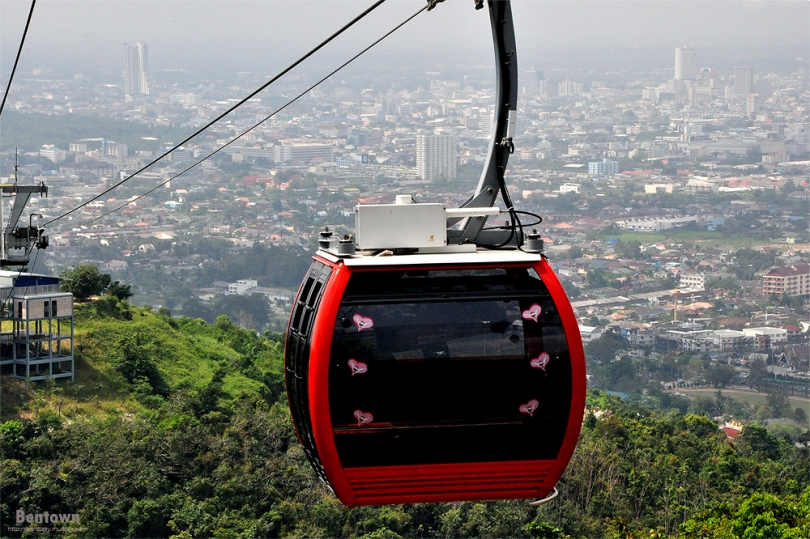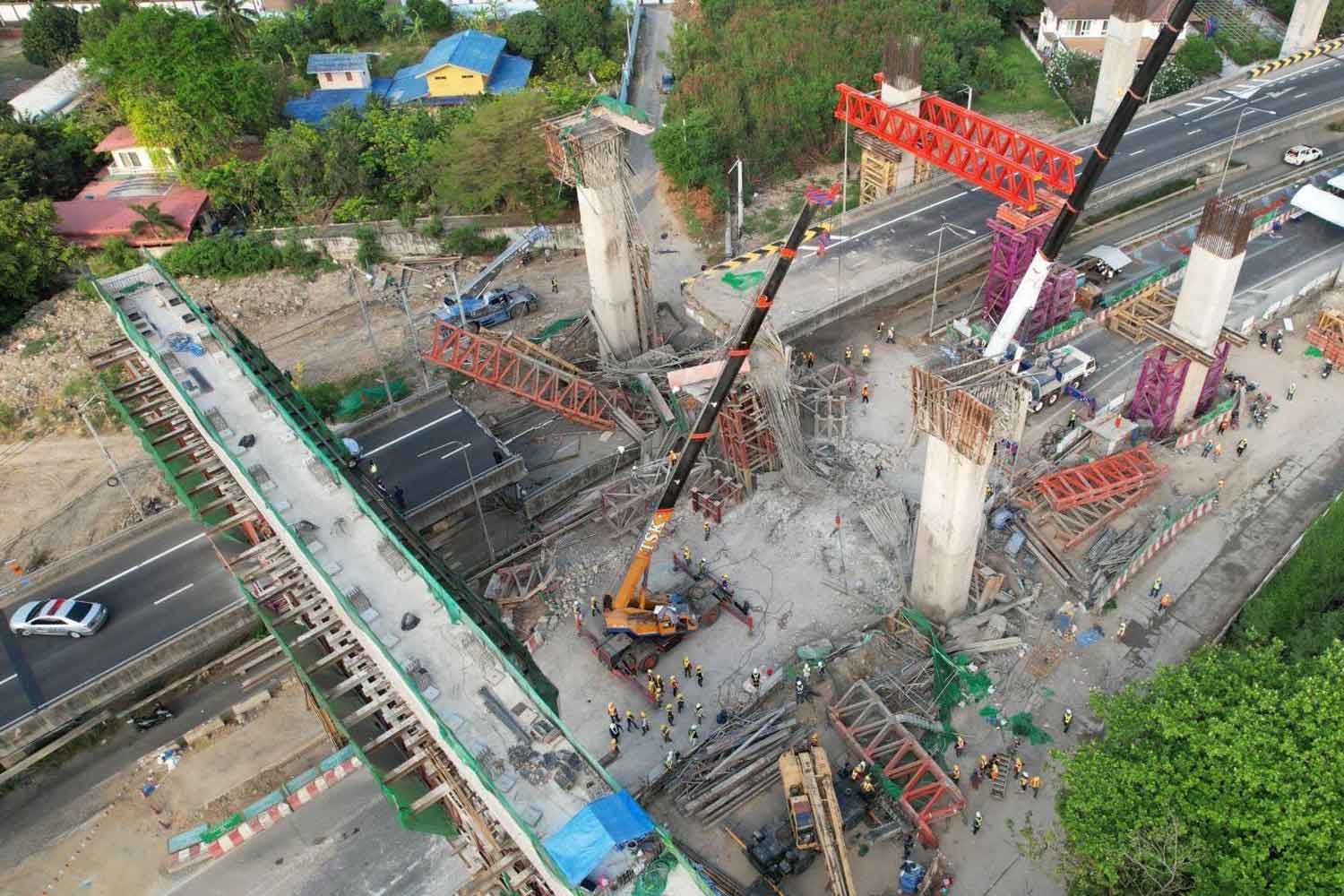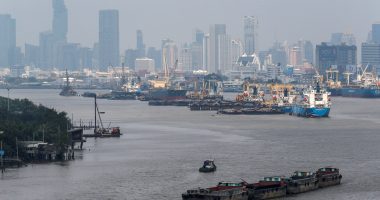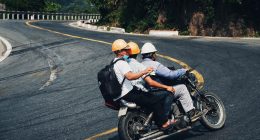Government Backing for Feasibility Study
DASTA Spearheads Comprehensive Assessment
The long-debated cable car project at Phu Kradueng National Park in Loei Province has received a significant boost. The Designated Areas for Sustainable Tourism Administration (DASTA) has officially endorsed a feasibility study to evaluate the project’s viability. This study will encompass crucial aspects such as cable car design, environmental impact assessment, and public consultations.
Potential Benefits and Local Support
Economic Growth and Improved Accessibility
Implementing the cable car could bring numerous advantages to the region. These include boosting local employment opportunities, enhancing site accessibility, improving safety measures, and supporting environmental preservation efforts within the park. The project has garnered approval from multiple governmental bodies and has been prioritized by the current administration.
Safety Concerns Drive Urgency
Tragic Incident Highlights Need for Alternative Access
Recent events have underscored the necessity for safer access to Phu Kradueng. The untimely death of a local vendor while climbing the park paths has accentuated the need for alternative travel options. Currently, the summit is only reachable by foot or helicopter, making the cable car project a potential game-changer for both tourism and park management.
Political Support and Future Plans
Government Officials Express Enthusiasm
Prime Minister Paetongtarn Shinawatra has voiced her support for the project during a recent visit to Loei. She emphasized its potential to revitalize tourism and streamline park management. The government anticipates substantial progress in the coming months, with more detailed planning expected by March 2025.
Environmental and Economic Considerations
Balancing Tourism Growth with Conservation
While the project promises economic benefits, it also raises environmental concerns. The cable car system could potentially impact the park’s scenery and wildlife. However, proponents argue that it could also aid in environmental protection by facilitating easier patrols and garbage removal from mountaintops.
Challenges and Obstacles
Legal and Infrastructure Hurdles
The project faces several challenges, including potential violations of the National Park Act and the need for extensive environmental studies. Additionally, the park currently lacks the necessary infrastructure to support a cable car system. These issues will need to be addressed as the project moves forward.
Future Outlook
Awaiting Comprehensive Study Results
As Loei locals push for the cable car project, its fate hinges on the outcome of the comprehensive study set to conclude in 2025. The project represents a delicate balance between improving accessibility and preserving the natural beauty of Phu Kradueng National Park. The coming months will be crucial in determining whether this long-proposed idea will finally become a reality.









